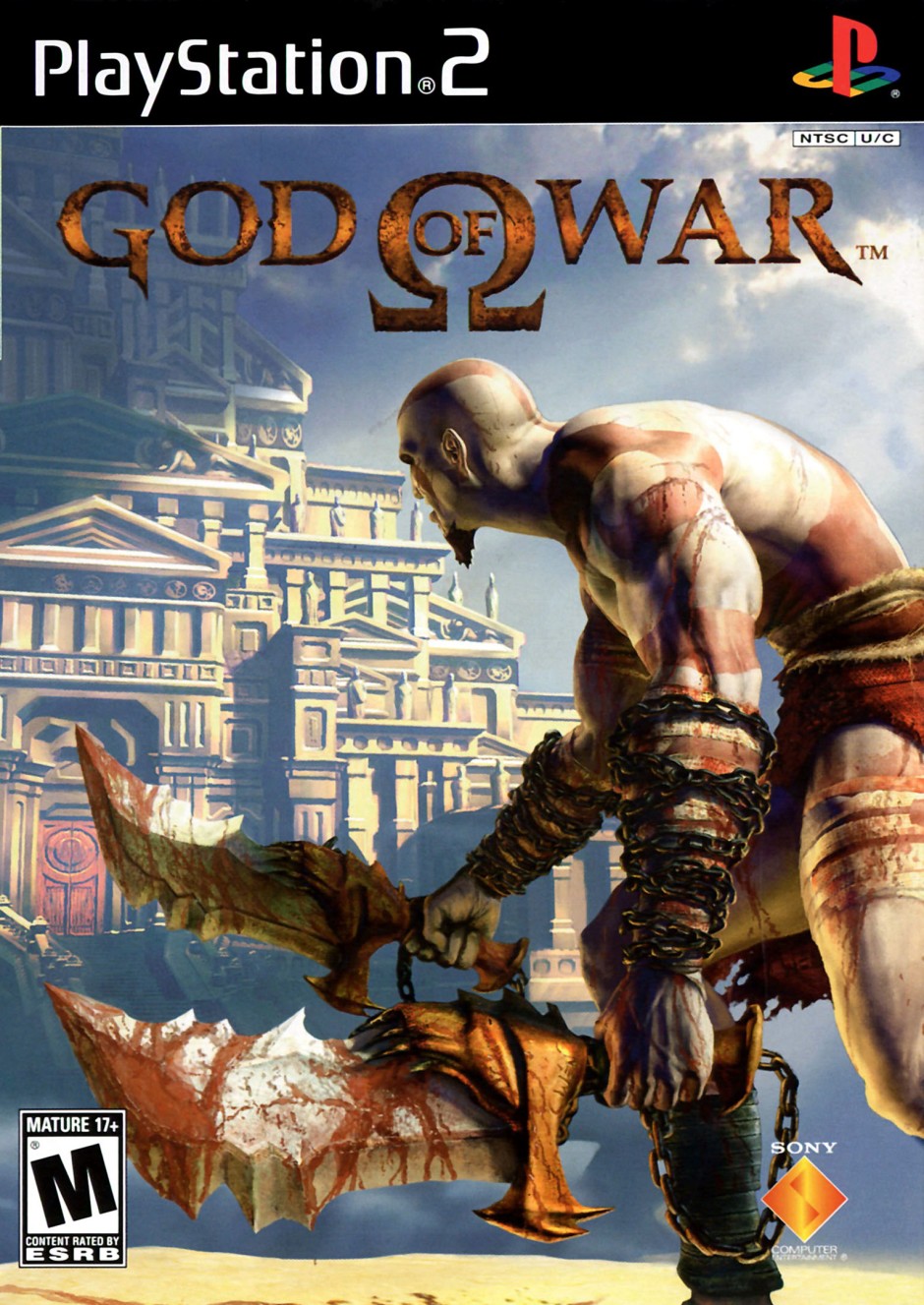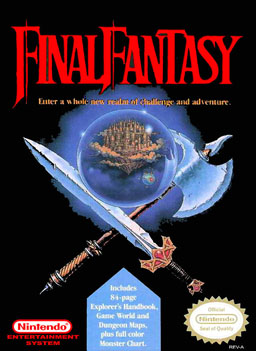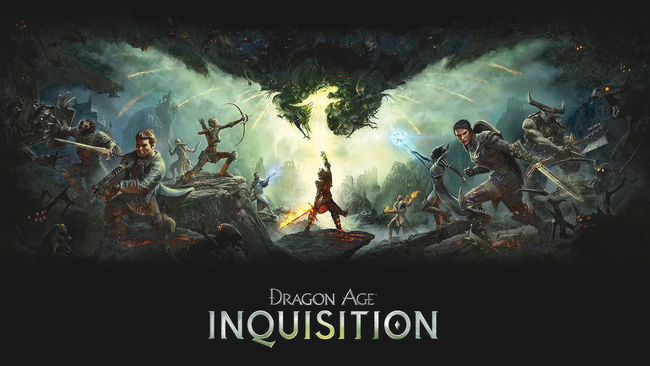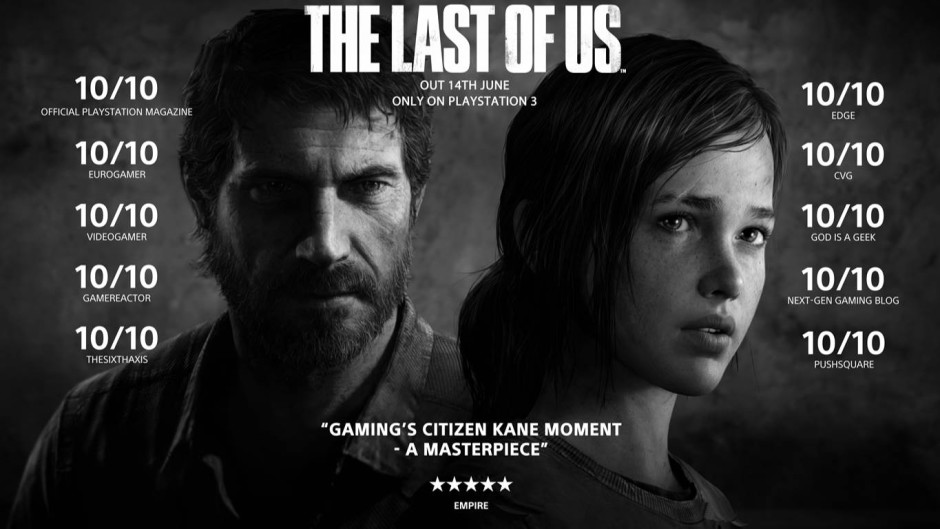I have played video games for the better part of my life, a passion that blossomed from the pure joy of Super Mario Bros. on the NES. To this day, I begin my daily routine with a bit of gaming (and coffee) to awaken my creativity. But having grown up alongside the rapidly changing landscape of the industry, I’ve come to demand more from my gaming experience. If I’m going to spend hours of my life in a game, it needs to have a strong narrative and characters to keep me invested. When a video game achieves the right balance of gameplay and interactive narrative, the end result is a powerful form of storytelling unlike any other medium.
The emergence of stories in video games is directly related to advances in technology. Early arcade games and home consoles offered next to nothing in terms of story. Gaming was an exercise in repetition geared at achieving a high score. With the rise of the popular 8-bit NES generation, games became far more ambitious. Titles like Final Fantasy and The Legend of Zelda brought story to the forefront and were no longer simply a test of twitch reflexes. Games now had characters embarking on a journey, a purpose for playing other than a score. It wasn’t a time of high caliber writing, and the translations often made for unintentionally hilarious dialogue, but players now had a basic narrative-driven impetus to play their games. Ask anyone why Mario is jumping on turtles and the answer is simple––to save the princess…even though the elusive royalty was always in another castle.
 Video games made drastic leaps in artistic and narrative quality with each new generation of hardware. Major advances like orchestrated music, CGI cutscenes, realistic graphics, and voice work created a more cinematic experience. The length of time needed to complete a game increased as well. Shorter titles ranged from 6 to 8 hours while others could literally take dozens of hours to see the end credits. The obsessive desire to beat a high score or minimalist stories of previous generations was no longer enough to sustain modern gamers’ attention for that length of time. Taking cues from movies and television, video games strived to foster a palpable emotional connection to characters embarking on Aristotelian hero’s journeys. Those established storytelling tropes and techniques are easily identifiable––often subconsciously––and push a gamer to see the journey through to completion just as one would a novel or film. There’s a huge difference between saving a pixilated princess and becoming the embodiment of rage in God of War where your every action is driven by revenge to slay a god whose betrayal doomed your family.
Video games made drastic leaps in artistic and narrative quality with each new generation of hardware. Major advances like orchestrated music, CGI cutscenes, realistic graphics, and voice work created a more cinematic experience. The length of time needed to complete a game increased as well. Shorter titles ranged from 6 to 8 hours while others could literally take dozens of hours to see the end credits. The obsessive desire to beat a high score or minimalist stories of previous generations was no longer enough to sustain modern gamers’ attention for that length of time. Taking cues from movies and television, video games strived to foster a palpable emotional connection to characters embarking on Aristotelian hero’s journeys. Those established storytelling tropes and techniques are easily identifiable––often subconsciously––and push a gamer to see the journey through to completion just as one would a novel or film. There’s a huge difference between saving a pixilated princess and becoming the embodiment of rage in God of War where your every action is driven by revenge to slay a god whose betrayal doomed your family.
Blockbuster video games, often called AAA titles, now boast budgets and technical merits rivaling many Hollywood films, but the latest and greatest technology does not guarantee quality storytelling. Maintaining a fluid narrative and character arcs amidst the actual gameplay is a challenge unique to video games. Many struggle with the simplistic design of playing a sequence then watching a story cutscene, rinse and repeat. The most brilliant games, the ones you remember years later, blend narrative and interactivity in new and exciting ways. The player has to feel like their actions have actual weight and bearing on the story. However, there are so many genres of video games, each with their own style of gameplay that alters how the story can be told. Survival horror, first-person shooters, Japanese role-playing epics, and even fighting games––each genre has different hurdles to jump in terms of how to best present the story.
“Open world” games are all the rage. Whether action-oriented like Grand Theft Auto or fantasy role-playing like Dragon Age: Inquisition, the highlight and problem is the vast amount of content and freedom given to the player. Freedom to wander the world without restriction defines the genre, yet the gamer has so many distractions that the main narrative can get lost for hours at a time. This can create a disjointed experience where the story is overshadowed by less important minutiae. Inquisition is a grand, apocalyptic tale of a hero who survives a tragic event only to become a political and religious leader trying to unite various factions against a world-threatening foe. It features dozens of characters, lands, and hundreds of pages of history to digest. When Inquisition succeeds, the gamer can feel the rich, detailed world changing according to their actions. But huge landscapes to explore and endless side quests eclipse the story to the point where it feels secondary. This lack of central focus is akin to the post-narrative rise seen in TV shows like Game of Thrones where a core seasonal arc and resolution are less important than being in the moment of a grand, non-linear world.
The third-person action genre contains some of gaming’s most popular titles, like Tomb Raider, God of War, and Uncharted. The Last of Us is a crowning achievement in video game narrative and characterization. The post-apocalyptic tale of survival follows a broken man who lost his daughter at the onset of a plague. 20 years later, he begrudgingly escorts a teenage girl across the dangerous remains of civilization, a girl who may be the cure for humanity. The Last of Us has award-winning design, acting, and graphics, but it’s the writing that latches onto your heartstrings. There is a clear progression to the journey without explicit handholding, a mixture of exploration and tone that dolls out major turning points at precise times. Forget the stellar technical aspects, The Last of Us is a classic because it’s an iconic tale of family––the growing bond between a pseudo father and daughter forced to survive together or die alone.
A strong narrative in a video game can absorb you more than any other medium of storytelling, just as a weak effort can make you painfully aware that you are merely pressing buttons in a “game.” With major advances happening in virtual reality and other tech, who knows what the future holds for stories in video games? Gamers and developers need only embrace one universal truth to ensure the artistic and dramatic evolution of the gaming industry: a well-written story and characters will always elevate the quality of any game in any genre in any generation of technology.
To learn more about J. Edward Ritchie check out his book.




